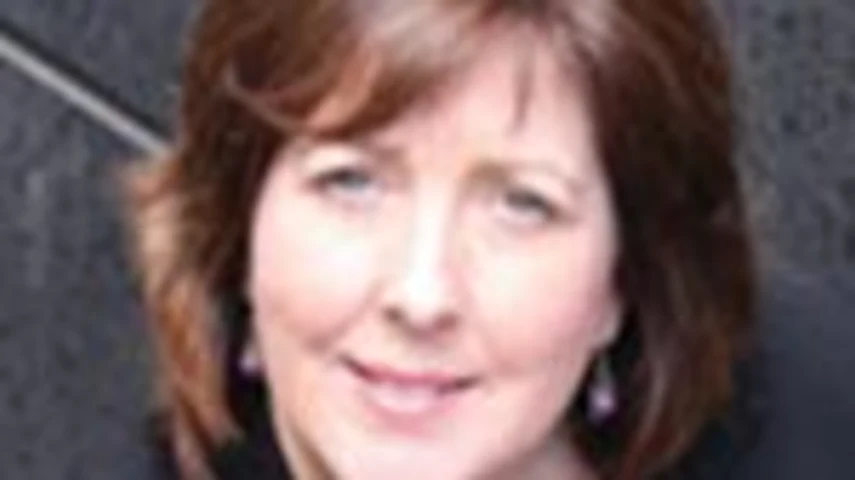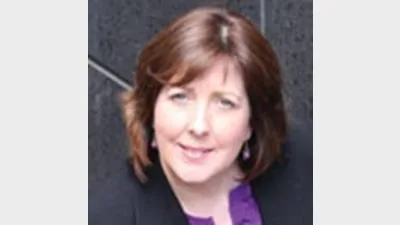Equal representation on boards benefits sector: Fiona Reynolds



The Australian Institute of Superannuation Trustees (AIST) has defended the equal representation of employers and employees on the boards of not-for-profit superannuation funds, which have been publicly criticised for being union dominated.
Opening the Conference of Major Superannuation Funds (CMSF) in Brisbane, AIST chief executive Fiona Reynolds claimed the not-for-profit equal representation model had been placed under attack by vested interests.
It was a claim backed by AIST president Gerard Noonan, who claimed the equal representation model was capable of withstanding more scrutiny than that applying to the 'for-profit' sector.
However, it was Reynolds who argued that the governance model applying to banks and other financial institutions were not suited to the not-for-profit funds sector.
She said the requirements with respect to not-for-profit funds were "fundamentally different", but nonetheless delivered transparency and disclosure.
"Profit before member interests is the ulterior motive of our critics," she said.
"The benefits which flow from the not-for-profit sector are clear for everyone to see, and were achieved via equal employee and employer representation on trustee boards," Reynolds said.
She said those who were arguing for change had yet to provide justification for their claims.
Recommended for you
Australia’s largest super funds have deepened private markets exposure, scaled internal investment capability, and balanced liquidity as competition and consolidation intensify.
The ATO has revealed nearly $19 billion in lost and unclaimed super, urging over 7 million Australians to reclaim their savings.
The industry super fund has launched a new digital experience designed to make retirement preparation simpler and more personalised for its members.
A hold in the cash rate during the upcoming November monetary policy meeting appears to now be a certainty off the back of skyrocketing inflation during the September quarter.









